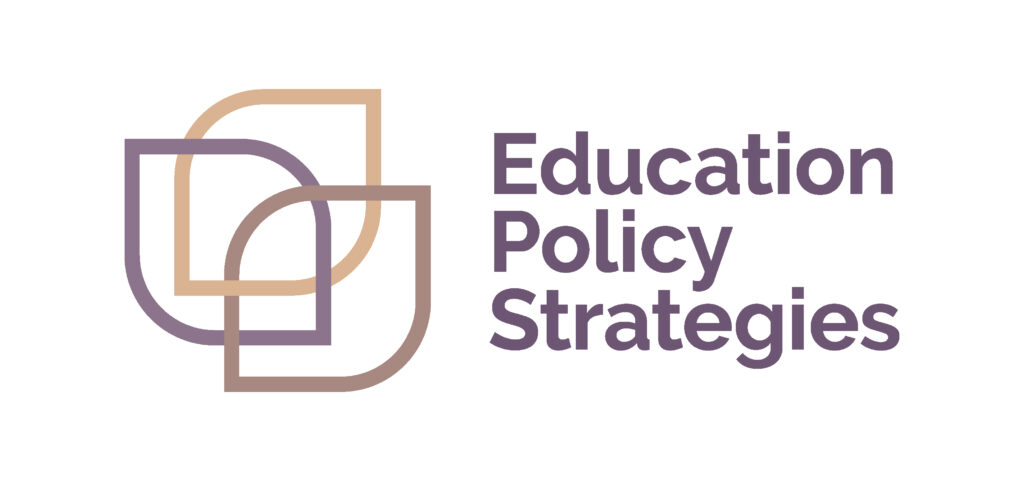Learning from COVID Disruption: Expanding flexibility, equity, and innovation in Pennsylvania schools
Tanya Borachi | Posted on |
What lessons can be learned from the challenges of COVID to improve flexibility, equity, and innovation in the K-12 system? A recent report from the University of Pittsburgh’s Institute of Politics (IOP) Education Policy Committee, Learning from Crisis: Policies and practices that support flexibility in providing equitable learning opportunities for all students, seeks to answer these questions. The authors examined K-12 districts with an in-depth look at Pennsylvania. They found four emerging themes:
- balancing flexibility and accountability in attendance and assessment,
- considering students’ well-being while being mindful of public health needs,
- innovating in personalized learning while standardizing instruction, and
- deciding where practices or policies should be changed or implemented.
The report provides short and long-term recommendations for states and districts, advocating for personalized learning as the best strategy for students’ success in Pennsylvania.
Education Policy Strategies’ Maria Worthen provided guidance and support in navigating state policy issues and provided suggestions for sample policies and state examples to inform the report. Learning from Crisis critically considers how to remove barriers or enact practices and policies that will enable schools to respond to crises more quickly or effectively in the future. The report also determines that these changes could equip schools to be more flexible and equitable even in times of noncrisis.
Read the full report here.

